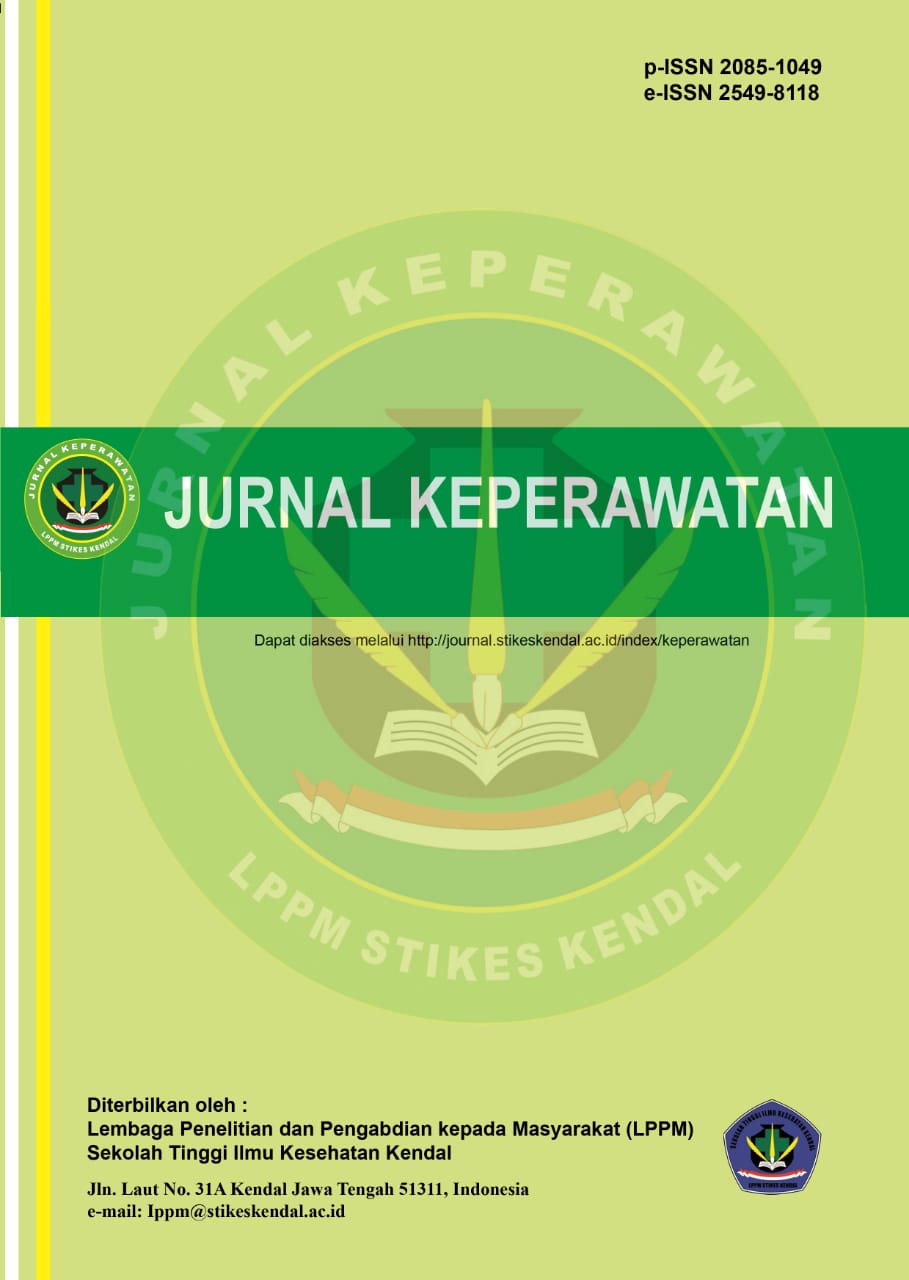Application of Self Management Techniques in Improving Children's Learning Discipline While at Home in Elementary School Students
DOI:
https://doi.org/10.32583/keperawatan.v14i3.255Keywords:
discipline, school children, self managementAbstract
Basic education is fundamentally in the formal path that underlies the level of secondary education held in educational units in the form of elementary schools and ibtidaiyah madrasahs or other equivalent forms. The development of elementary school age children is the development of children with categories that have undergone many drastic changes both mentally and physically. Self Management is one of the abilities related to one's own state and skills by which the individual can manage and organize himself for the direction of changes in his own behavior to learn by manipulating stimuli and responses both internally and externally. Purpose to find out the application of self-management techniques to the child's learning discipline system both at home and at school. The type of research used is a quantitative method using questionnaires as a data collection technique. The number of subjects 4 people with inclusion criteria is children aged 7-10 years, parents allow children as respondents, children in healthy and cooperative conditions, then the exclusion criteria are children who are not present at meetings scheduled by researchers. The instruments used are observation sheets and SOPs with univariate test analysis. The results were obtained on self-management which increased by 2 people, from good enough to good there was 1 person, and there was a decrease of 1 person. In the discipline of learning, children found that the results increased by 2 people, and there was also a decrease of 2 people. Self-management has increased from poor to good there are 2, from good enough to good there is 1 person but also there is a decrease from very good to good there is 1 person. In the discipline of learning, children found that the results increased from good enough to good 2 people, and there were also those who experienced a decrease from good enough to good, there were 2 people.
References
Amaliasari, R. D., & Zulfiana, U. (2018). The Relationship between Self Management and Aggression Behavior in Cognicia Cognicia High School Students. 308–320.
Anjani, W. S., Imaddudin, A., & Arumsari, C. (2020). Self Management Training To Improve Student Learning Discipline. Journal of Innovative Counseling : Theory, Practice & Research, 4, 41–56.
Romance, T. (2021). Increasing Learning Responsibility through Self Management Engineering Group Guidance Services. Journal of paedagogia initiatives, 4(1).
Ayu, Fitria Kusumaningtyas, L. E., & Putro, E. A. (2021). Strategies for Applying Self-Management to Learning Models In Children Through Individual Counseling On Jalan Gunung Kawi Iv, Rt. 02 / Rw . 10 , Joglo , . 7(2), 41–53.
Isnaini, F., & Taufik. (2016). Self-Management Strategies to Improve Learning Discipline. Journal of Humanities Research, 16(2), 33–42.
Janah, N., & Loviana, D. (2016). Self-Management to Improve Student Learning Discipline: A Case Study At Sma Negeri 5 Banda Aceh. In Journal of Enlightenment (Vol. 10, Issue 2, pp. 95–102).
Prasetyo, T., Mujahideen, E., Yuani, A. K., Guru, P., Dasar, S., Bogor, U. D., Ibn, U., & Bogor, K. (2021). Implementation of the Home Visit Method to Increase Learning Motivation of SDpada Students During the Covid-19 Pandemic. Abdidas Journal, 2(1), 894–902.
Suwanto. (2016). The effectiveness of cognitive restructuring techniques in group counseling to improve students' self-concept.
Downloads
Published
How to Cite
Issue
Section
License
Copyright (c) 2022 Jurnal Keperawatan

This work is licensed under a Creative Commons Attribution-NonCommercial-NoDerivatives 4.0 International License.




